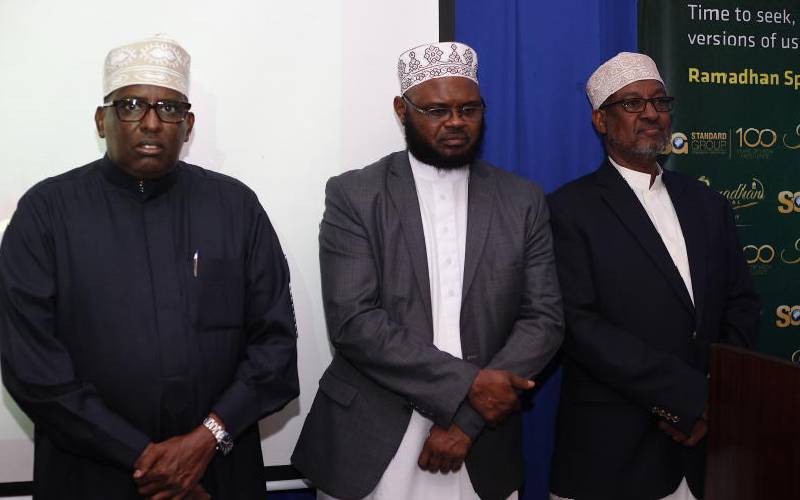×
The Standard e-Paper
Join Thousands Daily

The Supreme Council of Kenya Muslims (Supkem) is an organisation in rough waters. It has been an ineffective organisation desperately in need of revitalisation. Until recently it had not held elections for almost 20 years.